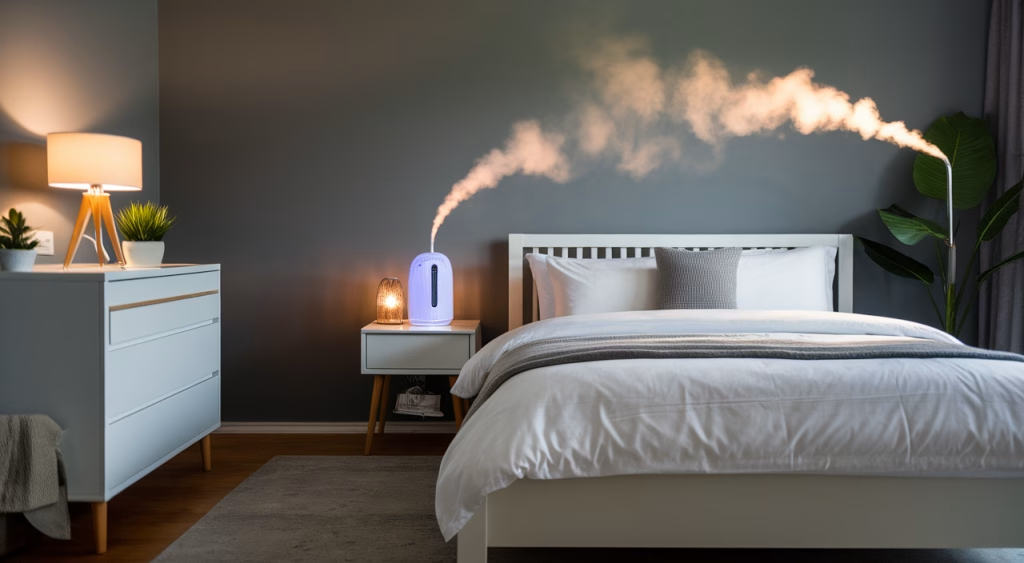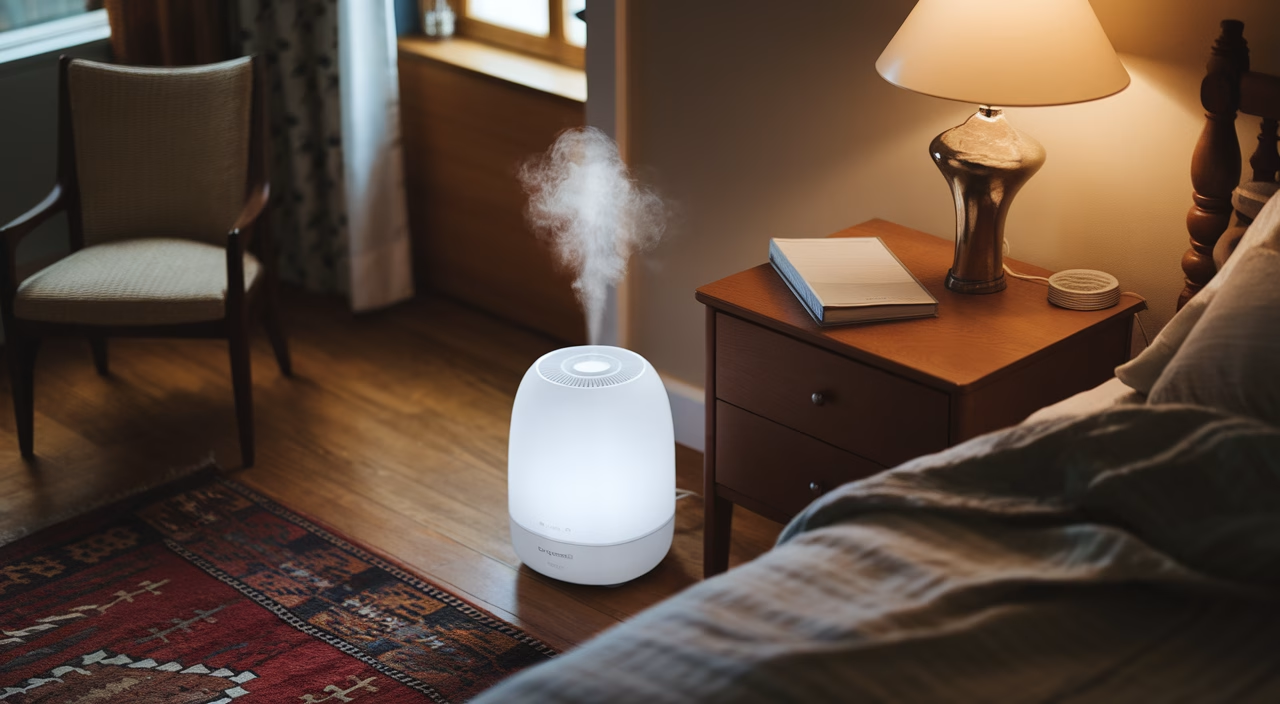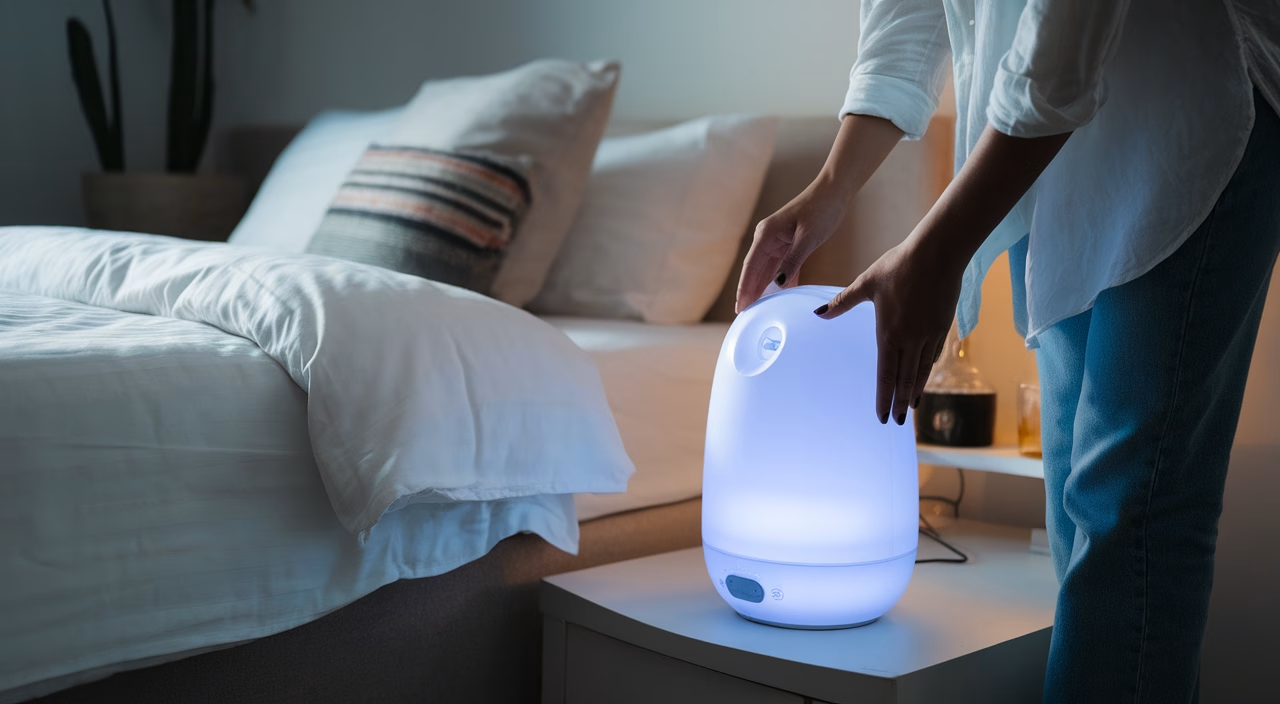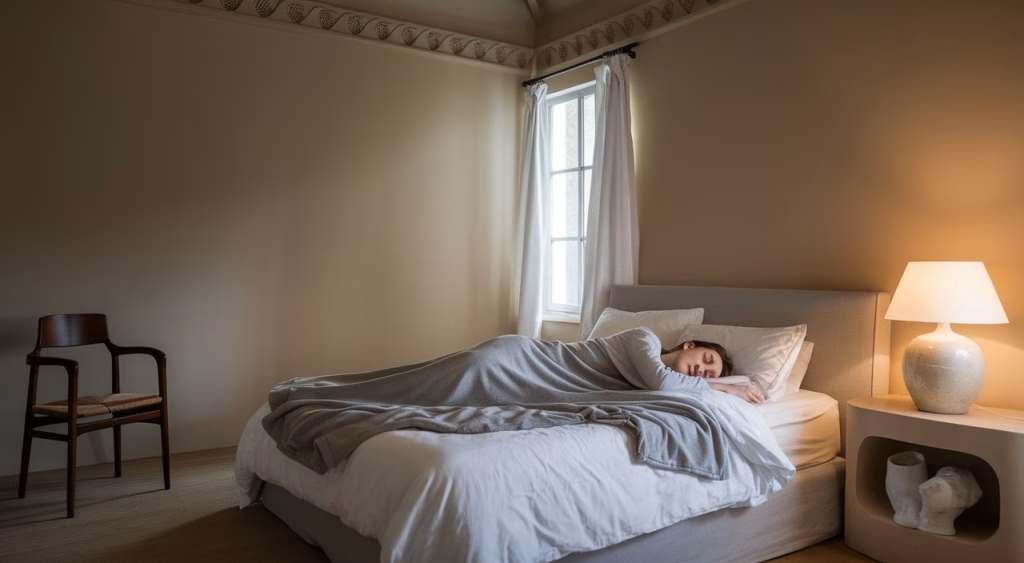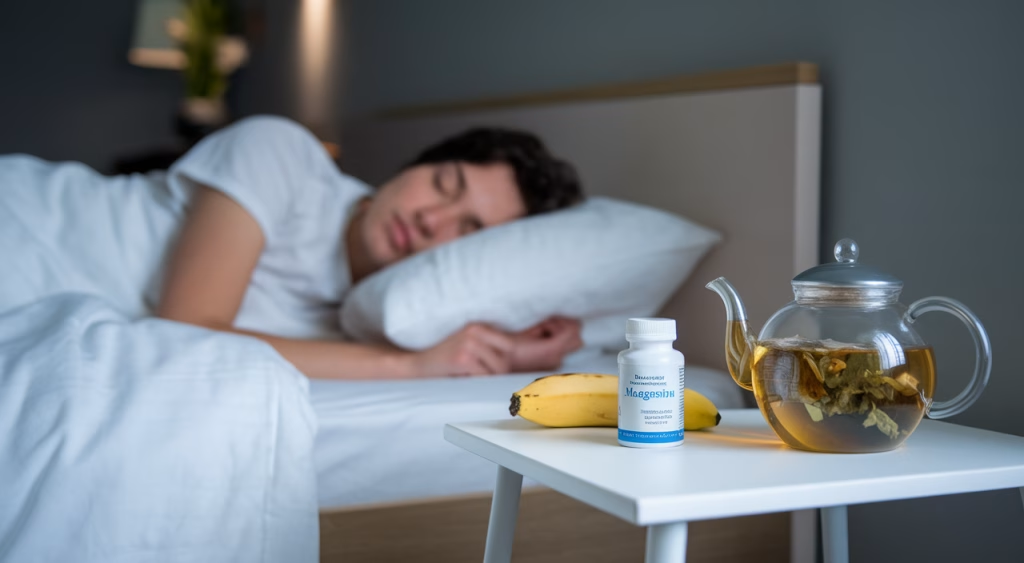How does using a humidifier while sleeping help with sleep problems?
Using a **humidifier while sleeping** can dramatically transform your sleep quality by maintaining optimal moisture levels in your breathing air. This simple device tackles the root cause of many nighttime issues—dry air that irritates your respiratory system and disrupts your rest.
- Eliminates nasal dryness: Moist air hydrates your sinuses, preventing that painful, cracked feeling that keeps you awake.
- Reduces snoring naturally: A humidified airway is less likely to vibrate or become blocked, significantly reducing snoring intensity.
- Clears congestion effectively: It helps break up thick mucus, making it easier to breathe clearly through the night.
- Transforms sleep quality: Moisture-rich air supports effortless breathing, better temperature regulation, and deeper rest.
- Protects skin and throat: Prevents the itchy skin, chapped lips, and sore throat that dry air causes overnight.
Benefits of Using a Humidifier for Nasal Dryness
**Nasal dryness** isn’t just uncomfortable—it sabotages your health at a fundamental level. When your nasal passages dry out, your body’s natural filtration system can’t protect you from airborne irritants. The result? You’re left tossing and turning from sneezing, blocked sinuses, or even painful nosebleeds.
At night, this problem intensifies. Your body lies horizontal, airflow slows down, and moisture loss accelerates—especially in heated or air-conditioned rooms. This is where the **benefits of humidifier** use become game-changing:
- Prevents the burning sensation from dry nasal walls that jolts you awake
- Encourages healthy nose breathing instead of mouth breathing (which worsens dryness)
- Improves airflow by reducing sinus inflammation caused by dryness
Think of your nose as your body’s air filter. A dry filter cracks and fails; a properly moisturized filter traps irritants and functions efficiently. A **humidifier while sleeping** keeps your natural ‘air filter’ working perfectly for restorative sleep.
Reducing Snoring with the Right Humidifier
**Snoring** often signals deeper issues—airflow obstruction that’s worsened by dry tissues vibrating together in your throat and nose. If you’ve tried everything from nose strips to throat sprays without success, the air you breathe might be the real culprit.
A **humidifier while sleeping** offers a gentle, effective solution to nightly snoring. Here’s how it transforms your breathing:
- Lubricates nasal and throat tissues to eliminate friction-based snoring
- Softens stubborn mucus that creates blockages and forces mouth breathing
- Maintains optimal breathing temperature—cold, dry air often triggers snoring through airway constriction
For people with sleep apnea or chronic **snoring**, even small improvements in airflow create significant changes. While a humidifier isn’t a miracle cure, it can dramatically reduce episodes of mild to moderate snoring. In real-world use, many people experience fewer nighttime wake-ups, their partners sleep better, and morning hoarseness disappears.
Choosing the Best Humidifier for Better Sleep
Feeling overwhelmed by humidifier options? You’re not alone. Finding the **best humidifier for snoring** and quality sleep involves understanding these key factors:
- Room size coverage: A small tabletop unit works for compact bedrooms, but larger spaces need higher output models.
- Mist type: cool vs. warm: Warm mist feels soothing in winter, while cool mist is safer and preferred in homes with pets or children.
- Runtime and capacity: Choose models with at least 8–10 hours per fill for uninterrupted overnight use.
- Noise level: Look for whisper-quiet or dedicated “sleep mode” functions.
- Maintenance ease: Pick models that are simple to refill and clean—this directly affects mold prevention.
| Feature | Why It Matters | What to Look For |
|---|---|---|
| Tank Capacity | Longer sleep between refills | 1–2 gallons for overnight |
| Humidity Settings | Customizable comfort | Auto-shutoff or programmable |
| Filtration | Cleaner air with fewer minerals | Built-in filters or distilled water compatible |
Tips for Using Your Humidifier Effectively
Now that you’ve chosen the right unit, proper use is essential to maximize the **benefits of humidifier** for **congestion**, **nasal dryness**, and **snoring**. Here’s what works best based on real user experiences and sleep expert recommendations:
- Position it strategically: Place it close to your bed, but maintain a 2–3 foot distance for optimal mist distribution
- Use distilled or filtered water to prevent white dust buildup that can irritate airways
- Clean weekly without fail: Use gentle vinegar soaks to prevent bacteria growth (especially crucial for warm-mist units)
- Pre-condition your room: Run it 30 minutes before bedtime to optimize air moisture
- Avoid over-humidification: Maintain ideal indoor humidity between 40–50% for optimal sleep benefits
Remember: excessive humidity feels oppressive and encourages mold growth—balance is key. Use a humidity monitor (many modern humidifiers include digital displays) to stay in the sleep-healthy zone.
Humidifier Cost Guide: What Can You Expect to Spend?
Pricing varies significantly based on size, features, and technology. Here’s a realistic breakdown to help you budget for better sleep:
| Category | Features | Estimated Price Range |
|---|---|---|
| Low-End | Basic operation, small tank | $20–$40 |
| Mid-Range | Multiple settings, timer, auto shut-off | $40–$80 |
| High-End | Smart features, large tank, ultra-quiet | $100–$200+ |
Frequently Asked Questions
1. Can a humidifier worsen congestion?
Not when used correctly. Over-humidified air or dirty tanks may promote mold and bacteria, which can worsen symptoms. Balanced use between 40–50% humidity with regular cleaning prevents this issue.
2. Should I use my humidifier every night?
If you experience nightly dryness, **snoring**, or sinus blockage, consistent nightly use is recommended—just ensure the humidifier is cleaned regularly and positioned properly.
3. What’s better for snoring: warm or cool mist?
Both effectively reduce **snoring**, but cool mist is often safer, especially around children. Warm mist feels more soothing to some adults during cold weather.
4. Can humidifiers help with allergies too?
Absolutely. Moist air helps trap allergens in your nasal passages rather than letting them irritate your lungs. Some units include integrated filters for dust or pollen removal.
5. Will using a humidifier stop snoring altogether?
It can significantly reduce **snoring** in people whose issues stem from dryness or **congestion**. For structural snoring or sleep apnea, it serves as an effective aid—though not a complete cure.
6. How long before I notice the benefits?
Most users report improved sleep and reduced symptoms within one or two nights of consistent use, especially during winter or in dry climates.
7. Where should I place a humidifier in my bedroom?
Position it on a nightstand or table near your head (but not too close). Avoid placing it on carpet or next to electronics due to moisture output.

